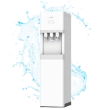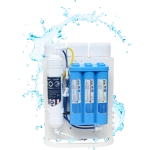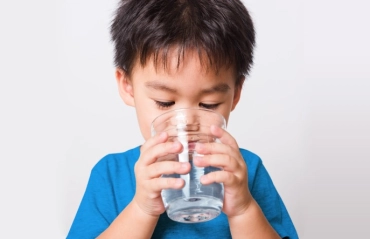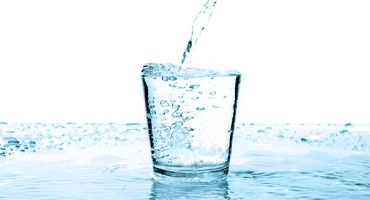How Much Water Should You Drink a Day?
Staying hydrated is essential for maintaining good health, but determining the exact amount of water you need each day can be a bit more complex than following a simple rule. While the general recommendation is about four to six cups of plain water daily for healthy individuals, your specific water needs depend on various factors including your diet, health status, activity level, and the climate you live in.
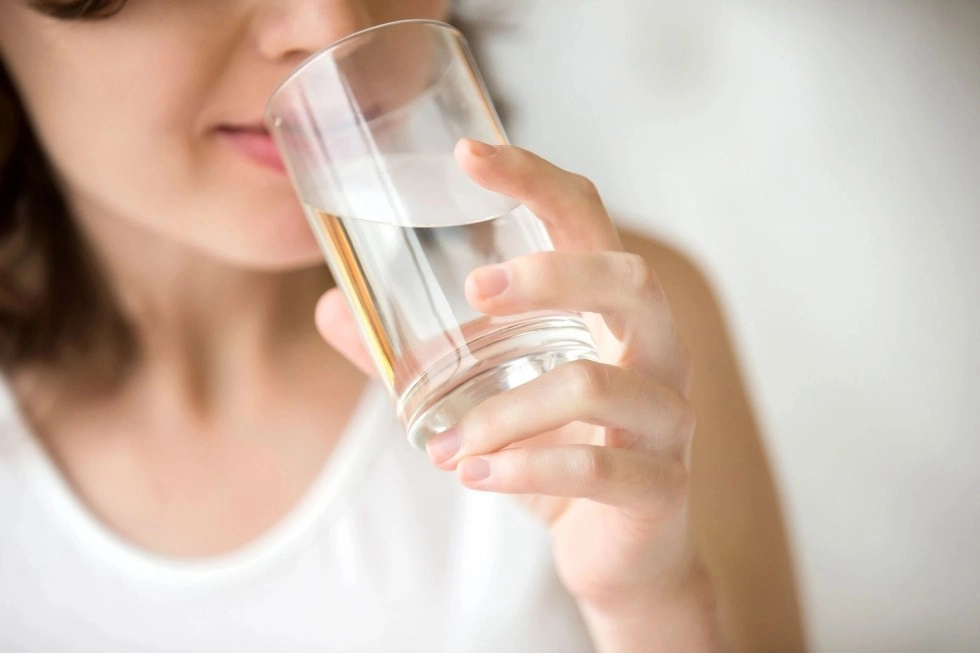
Individualized Water Needs
Water intake is highly individualized. Factors such as your overall health, medications, activity levels, and environmental conditions all influence how much water you need.
Key Factors Influencing Water Needs:
- Activity Level:
- Increased physical activity, especially in hot weather, raises your water requirements due to sweating.
- Outside Temperature:
- Higher temperatures can make you feel thirstier and increase your water needs.
- Overall Health and Medications:
- Certain health conditions (like thyroid disease or kidney, liver, or heart problems) and medications (like NSAIDs, opiates, and some antidepressants) can affect your hydration needs.
- Age:
- Older adults may not feel thirsty as often, and medications they take may cause fluid loss, increasing their risk of dehydration.
Benefits of Drinking Water
Water is crucial for numerous bodily functions. According to the Harvard Medical School Special Health Report 6-Week Plan for Healthy Eating, the benefits of drinking water include:
- Carrying nutrients and oxygen to cells
- Flushing bacteria from the bladder
- Aiding digestion
- Preventing constipation
- Normalizing blood pressure
- Cushioning joints
- Protecting organs and tissues
- Regulating body temperature
- Maintaining electrolyte balance
How Much Water Should You Drink Daily?
For healthy individuals, the general guideline is:
- Men: About 15.5 cups (3.7 liters) of total water intake per day
- Women: About 11.5 cups (2.7 liters) of total water intake per day
This total includes water from all beverages and foods. Therefore, you might only need four to six cups of plain water if you consume other fluids like coffee, tea, juice, and water-rich foods such as fruits and vegetables.
Calculating Your Water Intake
There’s no one-size-fits-all answer for how much water you should drink each day. It’s best to consult with your doctor to determine the right amount for you. Monitoring signs of dehydration, such as dark yellow urine, weakness, low blood pressure, dizziness, or confusion, can also help you gauge your hydration needs.
Staying Hydrated: More Than Just Drinking Water
While water is the best choice for hydration, all beverages contribute to your daily fluid needs. Contrary to popular belief, caffeinated beverages and those containing alcohol also contribute to hydration, although they should be consumed in moderation due to their other effects.
- Milk: Some people advocate for milk as a hydrating option due to its nutrient content.
- Other Beverages: Despite the diuretic effects of caffeine and alcohol, they still add to your total fluid intake over the day.
Tips for Avoiding Dehydration
- Drink Gradually: Spread your fluid intake throughout the day. Drink water with each meal, during social activities, and when taking medication.
- Eat Water-Rich Foods: Incorporate salads, fruits, and foods like applesauce into your diet to boost your hydration.
- Monitor Hydration Levels: Pay attention to signs of dehydration and adjust your water intake accordingly.
By understanding your body's specific hydration needs and maintaining a consistent fluid intake, you can enjoy the many health benefits of staying well-hydrated throughout the day.
Source: harvard



